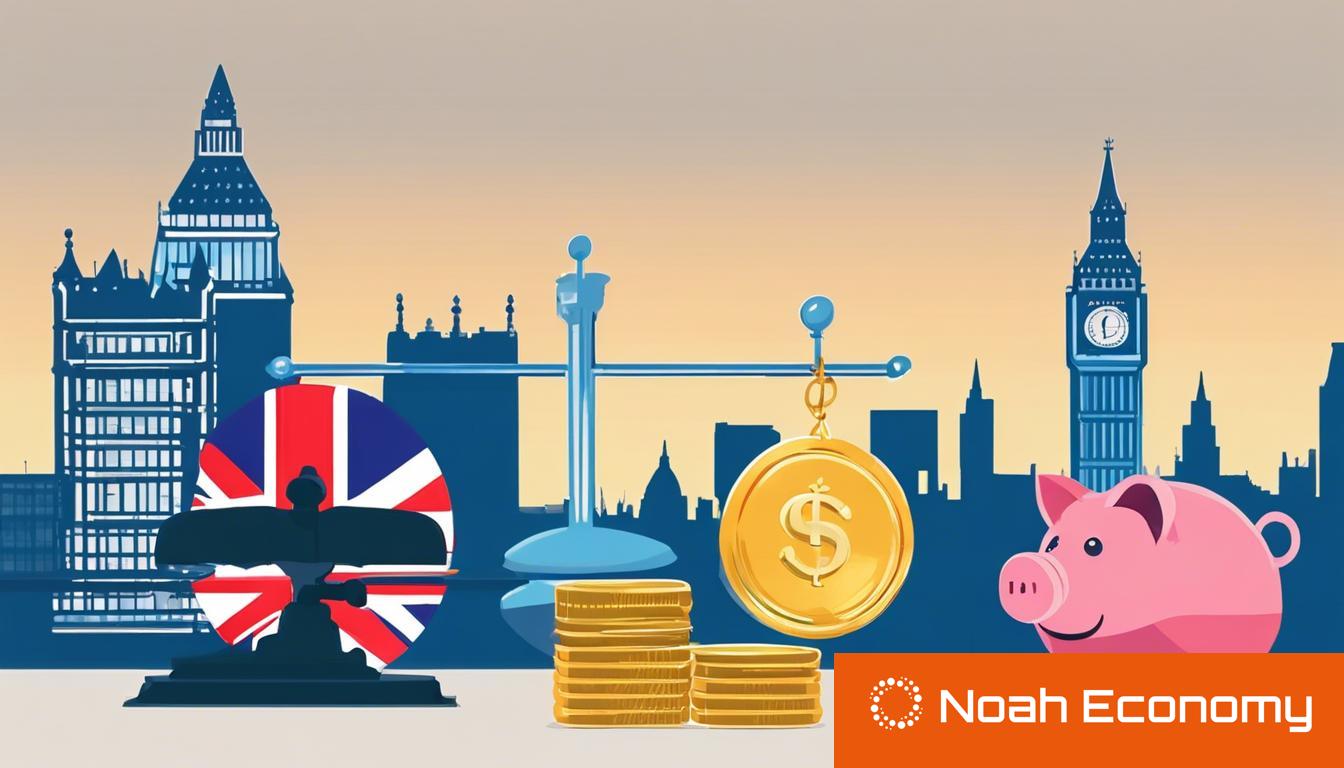The Office for Budget Responsibility forecasts a fall in UK inflation with optimistic economic growth, while cautioning against potential impacts of Middle East tensions and the sustainability of recent fiscal measures.
The Office for Budget Responsibility (OBR) has predicted that UK inflation is expected to fall below the government’s target of 2% in the forthcoming months. However, concerns have been raised that ongoing disruptions in the Middle East could potentially trigger a surge in inflation, with a possible increase of up to 7%. These forecasts come amidst an announcement by Chancellor Jeremy Hunt regarding a cut in national insurance and an optimistic outlook on economic growth for the UK over the next two years.
According to the OBR, the UK economy is on a path to a quicker recovery from its recent recession than initially anticipated, with GDP growth projections revised to 0.8% for this year, a significant improvement from earlier estimates. Inflation is also expected to decelerate more rapidly, with consumer price inflation (CPI) forecasted to average at 2.2% for the year, compared to prior estimates of 3.6%.
Despite these positive signs, the OBR has issued a caution regarding the overall tax burden, which is projected to increase considerably in the coming years, reaching a peak of 37.1% of GDP – the highest level since 1948. This increase is expected despite the Chancellor’s pre-election 2p cut in national insurance, aimed at reducing personal taxes to the lowest levels in nearly 50 years.
Additionally, concerns have been raised about the sustainability of proposed tax cuts, with the OBR suggesting that they may be offset by reduced spending and a diminution in fiscal headroom. This has led to anxieties about the ability of the UK government to sustain long-term spending commitments, especially in critical areas such as health and defense.
The economic outlook provided by the OBR presents a mixed picture for the UK, underscoring potential growth and a decrease in inflation, but also highlighting risks associated with external geopolitical events and the long-term sustainability of fiscal policies.













